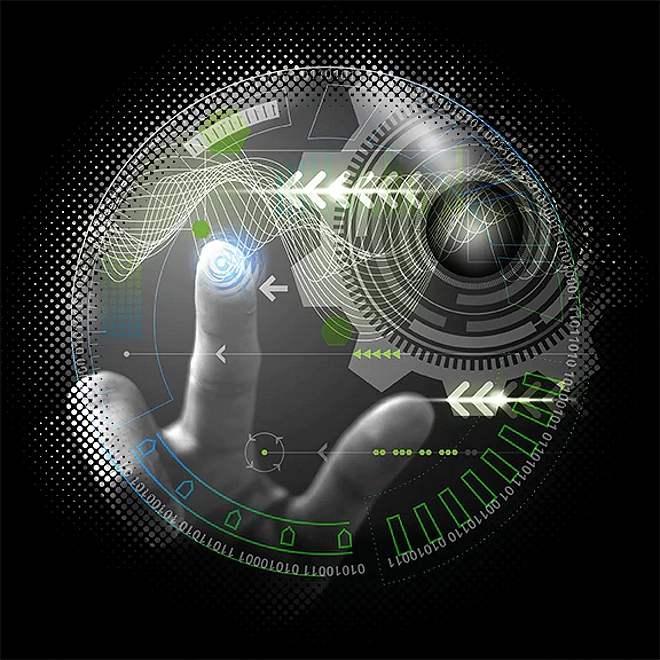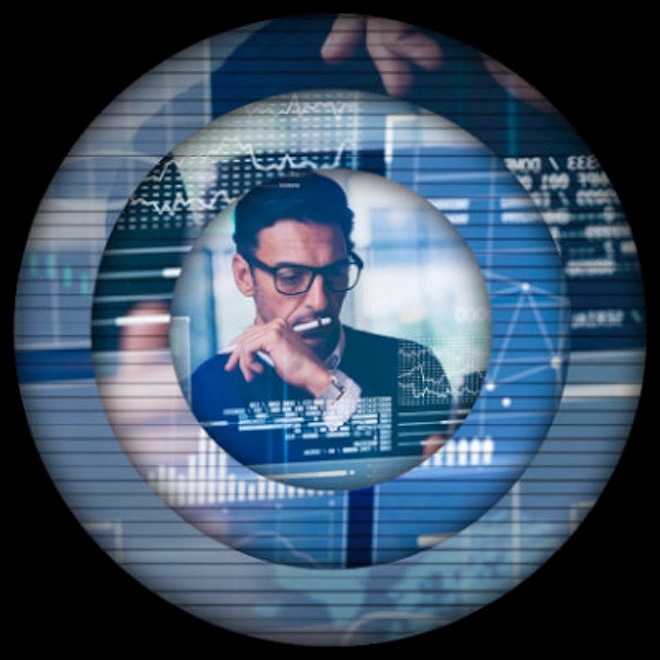Accounting Technology
Deloitte practitioners work with businesses to design and implement operational processes, technologies, and resource models to improve value-added activities in process redesign, software implementation and enhancement, tax-sensitized technologies, and change management.
While providing accounting services we do use a variety of technologies (including digitalizing of accounting documents, robotic automation of accounting processes and routines, advanced accounting systems and tools) by ourselves, so we can help your business with the application of these tools and technologies.
Our services include:
- ERP system design and implementation
- Process mapping
- Compliance process automation
- Data analytics
- Program office
- Backend filing
- Operational finance relocation
Advanced Solutions
► Automated Processing of accounting documents
Automated Accounting includes less accounting time, improved accuracy and reduced staffing costs. You can easily move away from slow, manual information processes by using a modern workflow automation solution. Furthermore, it is one of the best ways to remove risk with rules, logic and standards to secure information.
We help businesses manage their accounting, tax, payroll, reporting and technology processes by using experienced professionals who can provide advice and practical support through a mix of outsourcing, contract personnel, co-sourcing and project-related services.
Identify yourself
- Do you use a paper-based accounting system?
- Are you fed up with manual accounting processes and paper invoices?
- Does your manual approval process have no electronic tracking system that facilitates the collection, control and processing of data?
- Do you have to handle many receipts after business trips?
- Is an audit period often an ordeal for the accounting department as well as the auditor?
If you have answered “yes” to one or more questions, then let us make a full assessment of your business process and requirements to determine the best technologies for your needs!
Harness technologies
Let us make it simpler. With the smart technologies, we can make bookkeeping faster, easier and more efficient. Document management creates a framework to capture not only documents, but also information, as close as possible to its point of creation. The digitization of information makes it possible to automate key information workflows and increase business agility.
Use your smart phone
Even when you do not have an access to your office, we can help you with the full range of possibilities for working with your documents. With the help of application on your smart phone, you can easily take a photo of a document and send it to an approval flow or digital recognition system. This means that your colleagues working in the field or always traveling can be better integrated in workflows.
Optimize your HR trough the self-service
Give employees the technological autonomy by using a web based self-service system where everybody can manage their information from day one. Arrange time away from the office by viewing a balance and applying for leave online. Submit timesheets electronically instead of filling out paper forms and submitting them to HR. Find uploaded payslips so that you never have to print another paper payslip again. If your HR department still relies on paper, employee self-service is a genuinely cost-effective way of reducing backlogs and improving accuracy.
► Robotisation of Accounting Processes
Robotic technology opens a new business horizon, boosting the operational efficiency of companies and the optimization of costs and processes. In this way, Robotics reduces the time of action and the percentage of error in each process and limits the exposure of employees to repetitive and low added value tasks and concentrates on allowing the generation of value by taking advantage of existing skills.
We extensively use robots in providing accounting services to our clients, in this way improving efficiency and accuracy of our work. We can help your business to adopt robots and use them to perform your daily tasks.
How does RPA work?
Technology has the capacity to reform and reinforce processes. It allows people to improve their work and boost the value of their tasks and functions. This is the basis of business evolution in the modern world, a maxim that repeats itself every few generations and positively transforms the environment we know.
So what is Robot? It is a software that learns from a business user and assists him/her with simple and repetitive tasks, transactional activities. See more.
How does Robot implementation work?
Development and adoption process includes the following 5 stages:
- Our developers analyze and instruct the process and program every detail of the robot
- Our analysts assign and monitor the activities of the robot
- Each robot is located in a client's environment (virtual or physical), in which it interacts directly with its business applications without compromising the IT infrastructure
- Business users review and resolve any exception or particularity
- Robots amplify their value by being able to interact with numerous platforms and applications, facilitating their feedback
The set of these phases allows us to program the robots to execute complete processes practically without the intervention of a person.
What processes can robotisation undertake?
It should be noted that robotic process automation applications require our input to execute their functions. Robots require specific rules to be able to carry out tasks where accuracy is fundamental.
Within this framework of action, the current robotisation scale allows to execute processes:
- Specific - technically simple and repetitive transactional tasks that are part of a larger function within the company;
- Multifunctional - similar processes that run through multiple functions in the organization. The coordination of several robots allows the optimization of current processes;
- Integrals - complete processes that require the integration of robots in all stages of the same, streamlining and optimizing their management.




